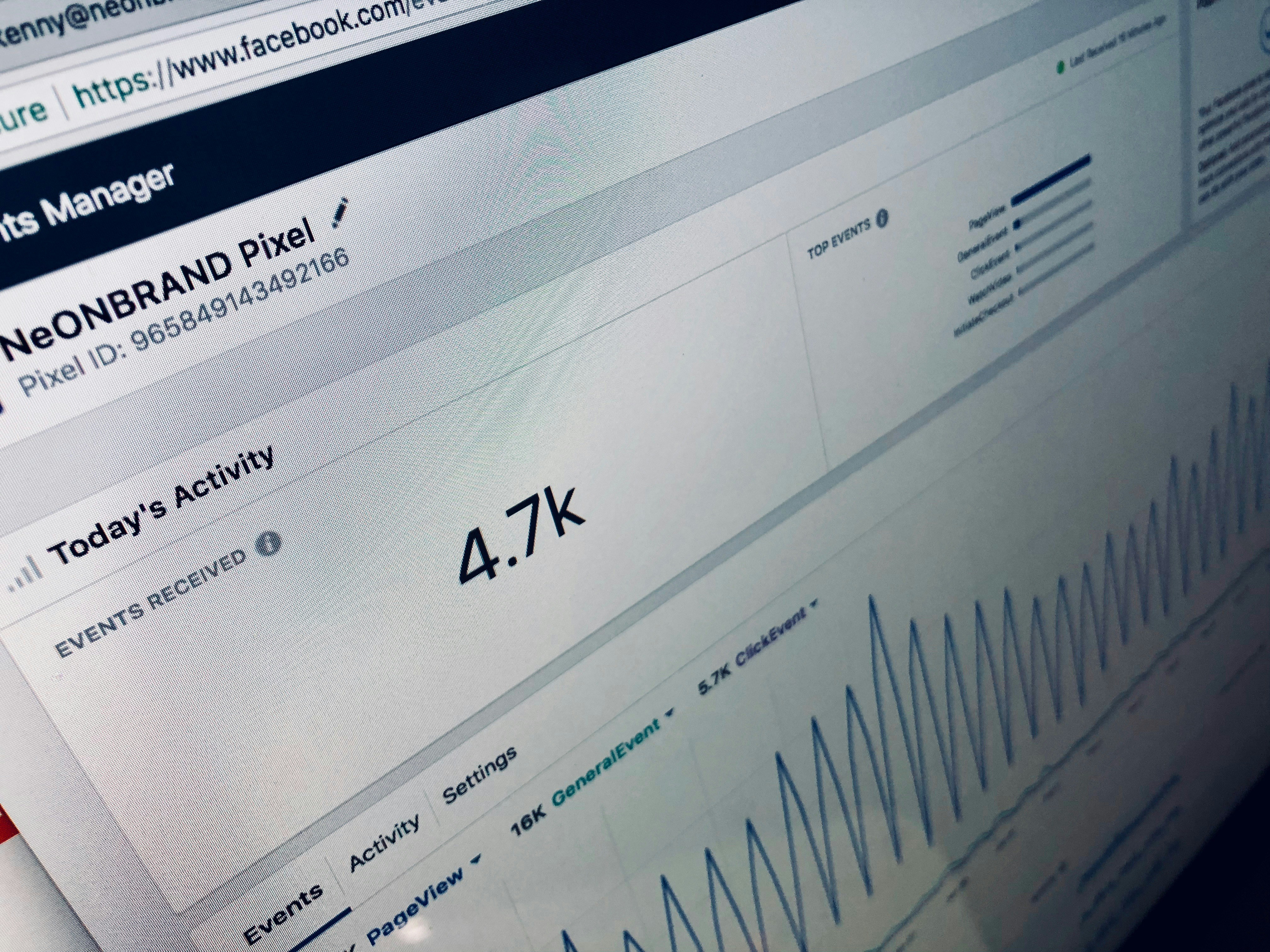AI-Powered Web Development: Building Smarter Websites with Machine Learning in 2025
AI-Powered Web Development: Building Smarter Websites with Machine Learning in 2025
Artificial intelligence is revolutionizing web development, making websites smarter, faster, and more user-friendly. From GitHub Copilot to Google's AI tools, discover how machine learning is transforming the way we build digital experiences and boosting developer productivity by up to 55%. This comprehensive guide explores the latest AI-powered development tools, frameworks, and methodologies that are reshaping how developers create modern web applications. Learn about intelligent code completion, automated testing, performance optimization, and user experience enhancement through AI-driven insights. Whether you're a seasoned developer or just starting your journey, understanding AI's role in web development will be crucial for staying competitive in the rapidly evolving digital landscape. The integration of AI into development workflows represents a fundamental shift that promises to accelerate innovation, reduce development time, and create more sophisticated user experiences than ever before.
The AI Revolution in Web Development
According to a comprehensive 2025 Stack Overflow Developer Survey involving over 90,000 developers worldwide, 70% of developers are now actively using AI tools in their daily workflow, with 55% reporting significant productivity gains that translate to faster project completion and higher code quality. Machine learning algorithms are revolutionizing web development by automating repetitive tasks such as code generation, debugging assistance, and performance optimization. These AI-powered tools are transforming how developers work across popular frameworks like React, Vue.js, and Angular, enabling them to focus on creative problem-solving and strategic architecture decisions. This transformation is happening at an unprecedented pace, with AI tools rapidly becoming essential components of modern web development teams. The integration of AI into development workflows represents a paradigm shift that promises to democratize programming, reduce development costs, and accelerate innovation cycles across the entire software industry.
Essential AI Tools for Developers
GitHub Copilot leads the pack as an AI-powered code completion tool that suggests entire functions and reduces development time by 50%, making it an indispensable companion for developers working on complex projects. Google's Bard, now evolved into Gemini, provides advanced debugging assistance and code optimization capabilities powered by sophisticated natural language processing algorithms that understand context and intent. Adobe Sensei revolutionizes interface design by creating stunning, user-centric layouts through predictive analytics that anticipate user needs and preferences. Microsoft's IntelliCode delivers context-aware code suggestions with remarkable 90% accuracy rates, learning from millions of open-source repositories to provide intelligent recommendations. Tabnine extends AI code completion across 30+ programming languages, enabling seamless development experiences regardless of technology stack. Replit's Ghostwriter transforms collaborative development through AI pair programming that suggests improvements and catches potential issues in real-time. These tools have transcended their experimental phase to become production-ready solutions that every modern developer should integrate into their workflow to maintain competitive advantage in an increasingly AI-driven development landscape.
Machine Learning for Enhanced User Experience
AI algorithms analyze user behavior patterns through sophisticated machine learning models to create hyper-personalized experiences that adapt in real-time based on individual preferences and historical interactions. Websites built with ML can predict user needs before they articulate them, provide intelligent product recommendations that drive engagement, and increase conversion rates by 30-40% through data-driven personalization strategies. Dynamic content personalization leverages TensorFlow.js for client-side machine learning execution, enabling browsers to run complex AI models without server dependencies. Predictive search functionality powered by Elasticsearch with AI-driven autocomplete anticipates user queries and provides instant, relevant suggestions that improve search experience. Automated A/B testing through Google Optimize, combined with AI-driven variant generation, ensures optimal user experiences by continuously learning from user interactions and automatically optimizing page layouts, content placement, and call-to-action positioning. Smart chatbots powered by Dialogflow and Rasa handle customer interactions seamlessly, providing instant support while learning from each conversation to improve future responses and route complex queries to human agents when appropriate.
AI Integration with Modern Frameworks
AI tools now integrate seamlessly with popular frameworks, creating powerful development ecosystems that combine the best of human creativity with machine intelligence. Next.js with AI enables server-side rendering with AI-optimized performance, automatically adjusting caching strategies and content delivery based on user behavior patterns and traffic predictions. React with AI hooks provides intelligent state management that anticipates component updates and optimizes rendering cycles for maximum performance. Vue.js with AI plugins offers smart component libraries that adapt to user preferences and automated testing frameworks that generate comprehensive test suites. Angular with AI integration provides predictive compilation and intelligent dependency injection that optimizes bundle sizes and loading times. These integrations make it easier than ever to incorporate AI capabilities into existing projects without requiring complete rewrites or architectural overhauls, allowing development teams to gradually adopt AI features while maintaining code quality and system stability.
The Future of AI-First Development
By 2026, AI will be integral to web development, with advanced tools like Amazon Q, Anthropic's Claude, and GitHub Copilot X leading the charge in intelligent coding assistants that understand context, project requirements, and development best practices. Expect 80% of web development tasks to be AI-assisted, allowing developers to focus on creative problem-solving, user experience design, and strategic architecture decisions rather than repetitive coding tasks. This fundamental shift will democratize web development, enabling more people to build sophisticated applications with less traditional coding experience by leveraging natural language interfaces and visual development tools. AI will handle code generation, testing, debugging, and optimization while developers concentrate on business logic, innovation, and ensuring applications meet user needs. The result will be faster development cycles, higher quality code, and more accessible technology creation for businesses of all sizes.
Getting Started with AI Web Development
Begin your AI journey by choosing the right tools that match your current skill level and project requirements—start with GitHub Copilot for intelligent code completion and gradually learn prompt engineering techniques to communicate effectively with AI assistants. Integrate AI gradually into your workflow, beginning with simple code generation tasks before moving to more complex testing and optimization scenarios. Always prioritize quality assurance by thoroughly reviewing and testing AI-generated code, ensuring it meets your standards for performance, security, and maintainability. Stay updated on the latest developments from leading AI research organizations like OpenAI, Google DeepMind, and Microsoft Research to remain at the forefront of this rapidly evolving field. Join developer communities, attend AI-focused conferences, and participate in beta testing programs to gain hands-on experience with emerging tools. Consider starting with small, low-risk projects to build confidence and demonstrate value before scaling AI adoption across your entire development team.
Measuring AI Development ROI
Organizations using AI tools consistently report impressive results that justify the investment: 55% increase in development speed through automated code generation and intelligent suggestions, 40% reduction in bug rates due to AI-powered code analysis and testing, 30% improvement in code quality through consistent best practices and automated refactoring, and 25% decrease in development costs from reduced debugging time and faster feature delivery. These metrics demonstrate that AI isn't just a passing trend—it's a strategic investment that delivers measurable business value and competitive advantage. The productivity gains alone make AI adoption a no-brainer for development teams looking to scale efficiently while maintaining high standards. Beyond quantitative metrics, AI adoption also improves developer satisfaction by reducing repetitive tasks and allowing focus on creative problem-solving. The return on investment becomes even more compelling when considering the long-term benefits of reduced technical debt, improved system reliability, and faster time-to-market for new features.
Ready to AI-Enhance Your Web Development?
AI-powered web development isn't just the future—it's happening now and transforming how we build digital experiences. Start small by experimenting with accessible tools like GitHub Copilot, then gradually scale your AI adoption as you see measurable improvements in productivity and code quality. The developers who embrace AI today will be the ones leading innovation tomorrow, creating more sophisticated applications faster and with fewer resources. Don't wait for AI to become mainstream—be among the early adopters who define the future of web development. The competitive advantage gained through AI proficiency will be substantial, enabling your team to deliver better products faster while staying ahead of the technological curve. Embrace this transformation and position yourself as a leader in the AI-driven development landscape.
Next Steps:
- Try GitHub Copilot free for 30 days
- Explore our AI web development course
- Join our AI developers community on Discord
- Read our guide to prompt engineering for developers
Have you tried AI tools in your web development workflow? What's your experience been like? Share in the comments below!










